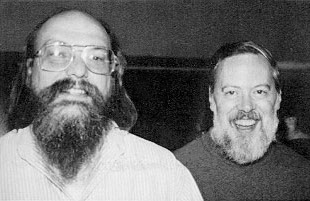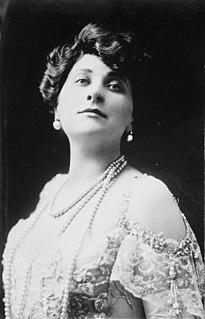A Quote by Ken Thompson
I think the major good idea in Unix was its clean and simple interface: open, close, read, and write.
Related Quotes
The Open Source theorem says that if you give away source code, innovation will occur. Certainly, Unix was done this way... However, the corollary states that the innovation will occur elsewhere. No matter how many people you hire. So the only way to get close to the state of the art is to give the people who are going to be doing the innovative things the means to do it. That's why we had built-in source code with Unix. Open source is tapping the energy that's out there.
An idea is like a play. It needs a good producer and a good promoter even if it is a masterpiece. Otherwise the play may never open; or it may open but, for a lack of an audience, close after a week. Similarly, an idea will not move from the fringes to the mainstream simply because it is good; it must be skillfully marketed before it will actually shift people's perceptions and behavior.
I have a really good idea of who my readers are and always write with a sensitivity to my audience. I use the F word when necessary, but there are words I won't use, mainly because I don't like them. I don't write about body parts when I write about sex. It's not about the physiological, it's more important for teens to read about the emotional aspects. I do think there are times when self-censorship is important.
Write what you care about and understand. Writers should never try to outguess the marketplace in search of a salable idea; the simple truth is that all good books will eventually find a publisher if the writer tries hard enough, and a central secret to writing a good book is to write on that people like you will enjoy.
Sometimes kids ask how I've been able to write so many books. The answer is simple: one word at a time. Which is another good lesson, I think. You don't have to do everything at once. You don't have to know how every story is going to end. You just have to take that next step, look for that next idea, write that next word.





































